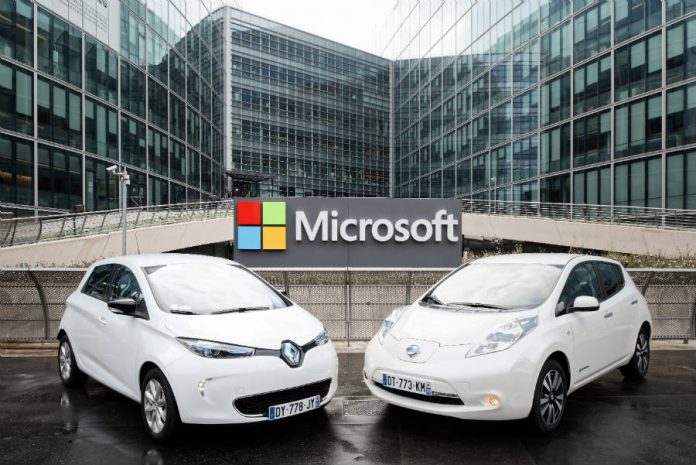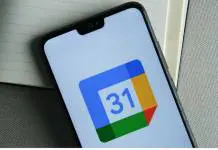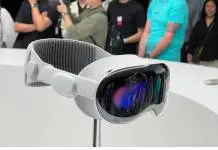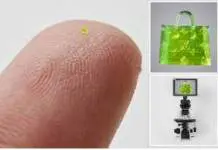
The Renault-Nissan Alliance has announced a joint connectivity venture with Microsoft. The Franco-Japanese automakers will work with the American tech giant to bring Azure connections to their 10-unit fleet of self-driving cars next decade.
The announcement follows the introduction of a different Microsoft project earlier this month. At IFA 2016, Microsoft revealed it would work with Mercedes-Benz to bring ‘In-Car Office’ to future vehicles of the German powerhouse.
Renault-Nissan also shares a common history with Daimler AG, Mercedes-Benz’s parent company. The two have worked together in the development of energy-efficient technology for other subsidiary auto brands from Daimler’s conglomerate. Most notably, the three-headed partnership is responsible for the recent Smart ForTwo Electric Drive model.
What is Microsoft Azure?
The iconic tech company is focused on delivering the best solutions in the market through its cloud computing platform Microsoft Azure. Azure is one of the key pieces of the Microsoft ecosystem, offering an infrastructure that integrates different connectivity services both for natural products and third-party developers.
In signing a multi-year global agreement with Renault-Nissan, Microsoft gains access to various vehicles in which it can test its new technologies. Between Renault and Nissan, the two automakers comprise nearly ten different car brands, including Lada, Mitsubishi Motors, Datsun and Infiniti.
“A car is becoming increasingly connected, intelligent and personal. Partnering with Microsoft allows us to accelerate the development of the associated key technologies needed to enable scenarios our customers want and build all-new ones they haven’t even imagined. We aim to become the provider of connected mobility for everyone with one single global platform,” Ogi Redzic, Senior Vice President of Connected Vehicles and Mobility Services for the Alliance
Microsoft will connect Nissan’s cars to the cloud
While Microsoft will not delve properly into driverless systems, the connectivity solutions they intend to offer will make for a seamless driving experience once the cars hit the market.
The tech giant will implement new methods to enhance productivity on the road, probably based on ‘In-Car Office’ or similar projects. It will also allow drivers to customize their vehicle settings, making them transferable between cars.
Moreover, the cars will update all their Microsoft Azure-based connectivity systems through over-the-air updates like Tesla does with its Autopilot operating system. Further features include digital security with GPS location support and distance monitoring.
By 2020, Renault-Nissan expects to launch at least ten new models capable of self-driving and featuring for the first time the solutions developed by Microsoft.
Source: Renault-Nissan Alliance










